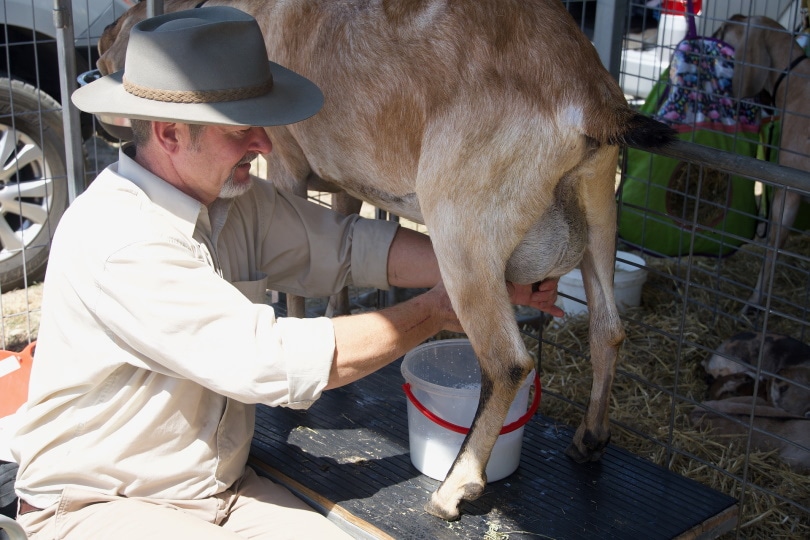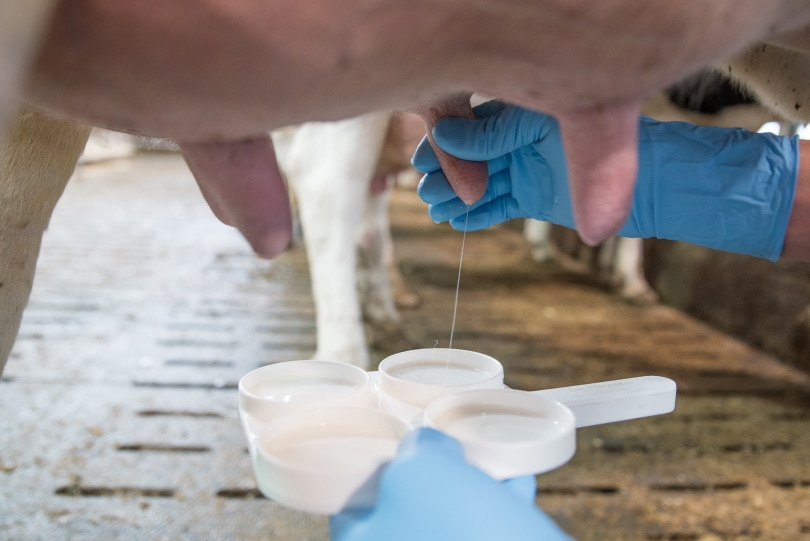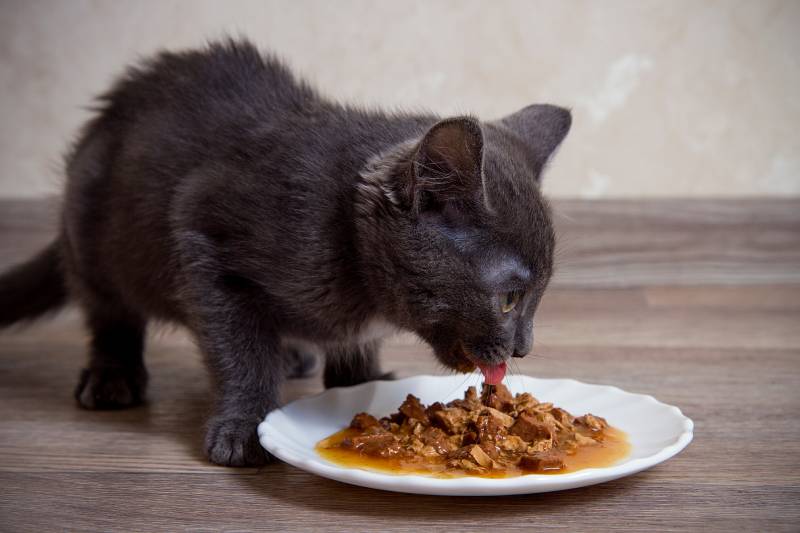
When it comes to feeding our feline friends, many cat owners often wonder, “Can cats drink cow’s milk?” While the image of a cat lapping up a saucer of milk is quite popular, the truth might surprise you. Cats are generally lactose intolerant, which means they can’t digest cow’s milk properly. This article will delve into the reasons why, provide healthier alternatives, and offer tips for a balanced diet.
Why Cats Can’t Drink Cow’s Milk: Lactose Intolerance in Cats
Digestion in cats is a complex process, much like it is in humans. However, there are some key differences that pet owners should be aware of, especially when it comes to feeding their feline friends certain foods, such as cow’s milk.
Most cats, particularly adult ones, are lactose intolerant. This condition arises because their bodies do not produce enough of an enzyme called lactase. Lactase is crucial in the digestive process of milk as it breaks down lactose, a type of sugar found in cow’s milk and other dairy products. Without sufficient lactase, lactose cannot be properly digested and absorbed.
The inability to digest lactose can cause several digestive issues, including bloating, stomach cramps, and diarrhea. The severity of these symptoms can vary depending on the amount of lactose a cat has consumed and its level of lactase deficiency.

Signs of Lactose Intolerance in Cats
When a lactose-intolerant cat drinks milk, it may experience a variety of uncomfortable side effects. These can include stomach upset, bloating, gas, diarrhea, and vomiting.
These signs usually appear within 30 minutes to 2 hours after the cat has consumed milk. The onset and severity of symptoms can vary from one cat to another. Some cats may show signs of discomfort almost immediately after consuming milk, while others may not show signs until several hours later.
Why Kittens Can Tolerate Milk
While most adult cats are lactose intolerant, kittens are typically able to tolerate milk without any problems. This is because kittens are born with high levels of lactase, allowing them to digest the lactose present in their mother’s milk easily.
However, as kittens grow and start to be weaned off their mother’s milk, their bodies gradually produce less lactase. By the time they reach adulthood, many cats have lost the ability to produce enough lactase to effectively digest lactose, making them lactose intolerant.
This is why it’s generally safe for kittens to drink their mother’s milk, but adult cats should not be given regular cow’s milk. If a kitten is orphaned or the mother cat cannot produce enough milk, a specially formulated kitten milk replacement should be used instead of cow’s milk.

Alternatives to Cow’s Milk for Cats
While cow’s milk is typically not recommended for cats, there are several alternatives available that can provide hydration and nutrition without causing digestive issues. Always consult with your vet before introducing any new food or drink into your cat’s diet to ensure it’s safe and beneficial for your pet.

Tips for a Balanced Feline Diet

Other FAQs About Lactose Intolerance and Nutrition for Cats
Q: What should I do if my cat has consumed cow’s milk and is showing signs of distress?
A: If your cat has consumed a large amount of cow’s milk and is vomiting, has diarrhea, or appears in distress, contact your vet for advice.
Q: Is lactose-free milk safe for cats?
A: While lactose-free milk is safer for cats than regular milk, it still shouldn’t replace water as the primary drink.
Q: Can I give my cat cheese or yogurt?
A: Small amounts of cheese or yogurt may not cause problems in some cats, but others may experience digestive upset.
Q: How much water should my cat drink each day?
A: Generally, a cat may drink between 3.5 – 4.5 ounces of water per 5 pounds of body weight daily.
Q: Do cats need wet food?
A: While not necessary if they’re drinking enough water, wet food can help keep cats hydrated and is often more appealing to them.

 Conclusion
Conclusion
Wrapping up, it’s important to remember that although cats might appear to relish the taste of cow’s milk, it doesn’t necessarily mean it’s beneficial for them. A majority of adult cats are lactose intolerant, meaning that their bodies cannot properly digest lactose, the sugar found in cow’s milk. As a result, consuming it can lead to discomfort and digestive issues such as diarrhea or upset stomach. Better to pass on the milk!
See also:
- Can Kittens Drink Human Breast Milk? Vet Approved Facts & Safety Guide
- Can Cats Drink Goat Milk? Vet-Reviewed Facts & Safety Guide
Featured Image Credit: MemoryCatcher, Pixabay







